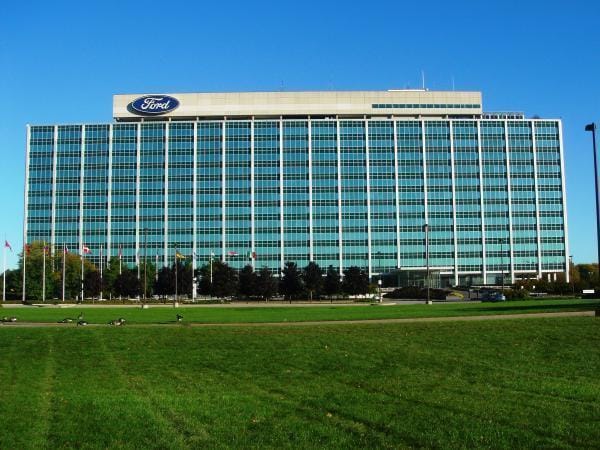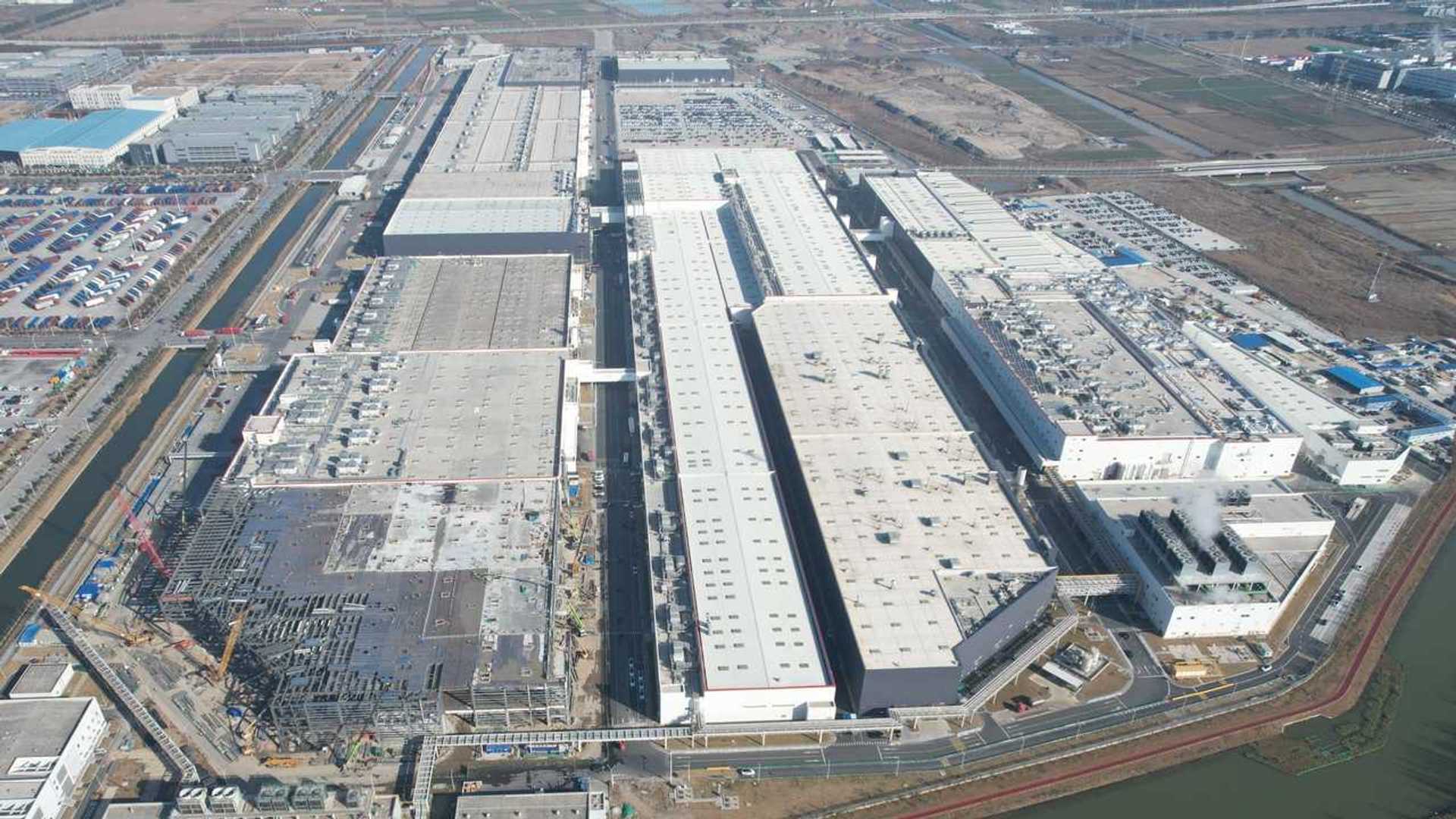Ford Motor Company has made headlines recently by reporting its best annual sales in the United States since 2019. This achievement comes at a time when the automotive industry is experiencing a dynamic shift, driven by changing consumer preferences, technological advancements, and a renewed focus on sustainability. The company’s performance reflects not only its resilience in navigating the challenges posed by the global pandemic but also its strategic initiatives aimed at capturing market share in an increasingly competitive landscape.
In 2023, Ford’s sales figures demonstrated a remarkable recovery from the disruptions caused by the COVID-19 pandemic and subsequent supply chain challenges. The company reported a total of approximately 1.9 million vehicles sold in the U.S., a significant increase compared to previous years. This surge in sales can be attributed to several factors, including a robust demand for Ford’s electric and hybrid vehicle lineup, which has resonated with environmentally conscious consumers.
One of the standout performers in Ford’s portfolio has been the Ford Mustang Mach-E, an all-electric SUV that has garnered praise for its performance, design, and range. The Mach-E’s success has positioned Ford as a serious contender in the growing electric vehicle market, which is expected to expand rapidly in the coming years. Additionally, Ford’s commitment to investing in electric vehicle technology and infrastructure has played a crucial role in enhancing its appeal among consumers looking for sustainable transportation options.
Another significant contributor to Ford’s sales success has been the continued popularity of its traditional vehicles, such as the F-Series trucks and the Explorer SUV. The F-Series, in particular, has maintained its status as one of the best-selling vehicle lineups in the United States for decades. The combination of strong demand for both electric and conventional vehicles has allowed Ford to diversify its offerings and cater to a wider range of customer preferences.
Ford’s ability to effectively manage its supply chain has also been a key factor in its sales recovery. The automotive industry has faced numerous challenges in recent years, including semiconductor shortages and logistical disruptions. However, Ford has implemented strategies to mitigate these issues, ensuring that it can deliver vehicles to customers in a timely manner. This proactive approach has helped the company maintain customer satisfaction and loyalty, which are critical in a competitive market.
As Ford looks to the future, it is clear that the company is committed to further enhancing its electric vehicle lineup and expanding its presence in the sustainable transportation sector. The automaker has set ambitious goals for electrification, including plans to invest billions of dollars in electric vehicle development and production. These efforts are aligned with broader industry trends that prioritize sustainability and innovation, positioning Ford to capitalize on emerging opportunities in the automotive landscape.
In addition to its focus on electric vehicles, Ford is also exploring new technologies and business models that could reshape the way consumers interact with their vehicles. Initiatives such as connected vehicle technology, autonomous driving features, and subscription-based services are all part of Ford’s vision for the future of mobility. By embracing these advancements, Ford aims to enhance the overall customer experience and remain competitive in an evolving market.
Furthermore, Ford’s commitment to sustainability extends beyond its vehicle offerings. The company is actively working to reduce its carbon footprint and promote environmentally responsible practices throughout its operations. This includes efforts to improve manufacturing processes, reduce waste, and source materials more sustainably. By prioritizing sustainability, Ford not only meets the demands of socially conscious consumers but also contributes to the broader goal of addressing climate change.
In conclusion, Ford’s achievement of its best annual sales in the U.S. since 2019 is a testament to its resilience and adaptability in a rapidly changing automotive landscape. The company’s strategic focus on electric and hybrid vehicles, effective supply chain management, and commitment to sustainability have all played pivotal roles in this success. As Ford continues to navigate the challenges and opportunities ahead, it remains well-positioned to thrive in the evolving world of transportation.


